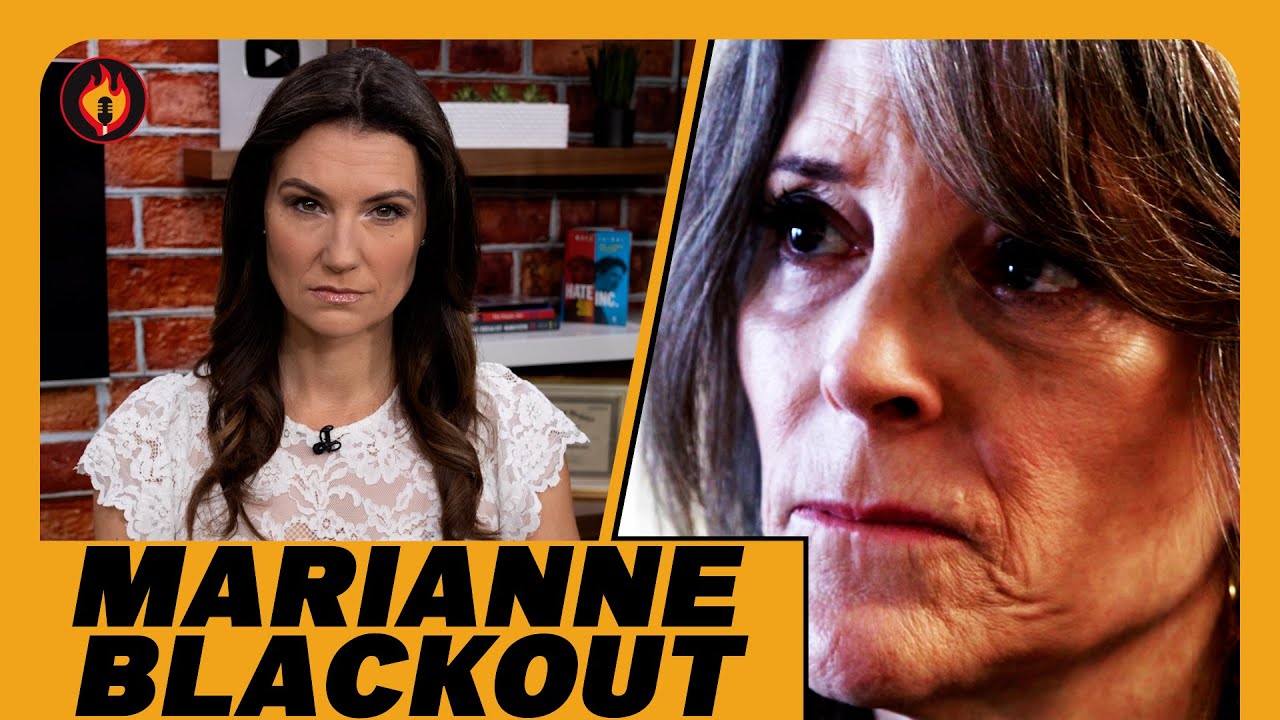I just asked the question and outlined the timeline; you can blame whomever you want, but you must consider what happened and who did what.
Great Recession Timeline
Bankruptcies Begin
April 2, 2007: New Century Financial declares Chapter 11 bankruptcy. The company specialized in so-called “subprime” mortgages, or home loans to borrowers with poor credit histories, making $60 billion in such loans in 2006 alone. It attributes its financial troubles to an increasing number of borrowers who defaulted on their mortgages in a slumping housing market. Earlier in the year, the Federal Home Loan Mortgage Corporation (or “Freddie Mac”) announces that it will no longer purchase risky subprime mortgages and mortgage-related securities.
Dow Jones Soars
October 9, 2007: The U.S. stock market hits an all-time high, as the Dow Jones Industrial Average reaches 14,164 points.
December, 2007: The National Bureau of Economic Research (NBER) retrospectively declares that the economic downturn, which was later dubbed the “Great Recession,” began at the end of 2007, after two consecutive quarters of declining economic growth. At the beginning of the downturn, the U.S. unemployment rate is 5 percent and the net worth of American households stands at $69 trillion. The latter figure falls to $55 trillion over the course of the recession.
January 30, 2008: The U.S. Federal Reserve drops short-term interest rates to 3 percent, marking the fourth time the “Fed” opts to reduce interest rates since September 2007, when rates were 5.25 percent.
February 13, 2008: President George W. Bush signs the Economic Stimulus Act of 2008 into law. The legislation provides many Americans with income tax rebates and gives tax breaks for businesses purchasing new equipment.
Bear Stearns Collapses
March 16, 2008: After losing billions in subprime mortgage investments, 85-year-old brokerage firm Bear Stearns collapses and is purchased by JPMorgan Chase at the cut-rate price of $2 per share. Bear Stearns stock had been valued at $30 per share just days before the sale. The shocking news of the sale sends global stock markets tumbling.
July 11, 2008: IndyMac, a mortgage lender that includes Countrywide Financial, collapses, and its assets are seized by the U.S. government. Although the “Mac” in the company’s name is similar to the nickname for the federal mortgage program Freddie Mac, IndyMac is a private company that specialized in subprime mortgages and other high-risk loans. In addition to financial consequences for investors, its closure resulted in more than 4,000 people losing their jobs.
September 7, 2008: The U.S. Treasury takes over management of Freddie Mac and the Federal National Mortgage Association (“Fannie Mae”). The two companies had guaranteed 80 percent of U.S. home mortgages, 30 percent of which are “underwater”—valued at less than the total mortgage loan—at the time of the takeover.
Lehman Brothers Bankruptcy
September 15, 2008: Venerable brokerage firm Lehman Brothers declares bankruptcy. It’s the largest bankruptcy case in U.S. history, involving $619 billion in debts.
September 16, 2008: The U.S. government announces plans to bail out insurance company AIG, paying $85 billion for 80 percent of the company’s assets. AIG had been considered one of the companies that was “too big to fail”—meaning its collapse would pose a threat to American financial stability.
Troubled Asset Relief Program
October 3, 2008: The Troubled Asset Relief Program (TARP) is signed into law by President Bush. The legislation commits $700 billion in federal taxpayer funds toward the purchase of mortgage-backed securities and other assets from struggling financial institutions in an effort to restore confidence in the credit markets.
October 6-10, 2008: The Dow suffers its largest-ever weekly loss: 1,874 points. The value of U.S. stocks plunges, causing many Americans to lose savings invested in financial markets.
November, 2008: The U.S. government announces its plan to bail out Citigroup, in response to concerns that the bank lacked sufficient funds to cover its mortgage-related losses. The government essentially purchases $45 billion worth of preferred and common stock in the company, which is sold a few years later at a net gain of $12 billion.
December, 2008: Struggling automakers General Motors and Chrysler receive a combined $80.7 billion TARP funds to remain afloat and keep workers employed.
December 16, 2008: The Federal Reserve reduces short-term interest rates to 0 percent for the first time in American history. The Fed had been reducing the target interest rate incrementally (usually by a quarter- or a half-percent) since the start of the Great Recession in an attempt to boost loans for real estate sales and capital investment.
Bank Bailouts
January 16, 2009: The U.S. government bails out another bank—this time, Bank of America, to the tune of $20 billion in federal funds and $100 billion in guarantees in subprime mortgages and other toxic assets. It’s the second largest bank bailout of the recession.
February 18, 2009: Within weeks of taking office, President Barack Obama approves a $787 billion stimulus package, which includes tax cuts ($400 for individuals and $800 for couples) and money for infrastructure, schools, health care and green energy.
Dow Plunges
March 9, 2009: The “Dow” falls to its Great Recession low of 6,547 points, a drop of more than 50 percent from its all-time high set in October 2007.
June 2009: The NBER officially declares the Great Recession over, at least in the United States. However, the effects of the downturn are still being felt at home and abroad.
GM Bankruptcy
June 1, 2009: GM files for bankruptcy, announcing plans to close 14 factories, despite having received TARP funds.
October 2009: The U.S. unemployment rate hits 10 percent for the first time in a quarter century.
December 2009: Housing foreclosures in the United States reach record levels, with 2.9 million in 2009 alone.
Dodd-Frank Act
July 21, 2010: President Obama signs into law the Dodd–Frank Wall Street Reform and Consumer Protection Act. The legislation is designed to restore at least some of the U.S. government’s regulatory power over the financial industry by enabling the government to assume control of banks deemed to be on the brink of financial collapse, among other provisions.
August 5, 2010: Bond rating firm Standard and Poor’s lowers the U.S. government’s credit rating from AAA to AA+ for the first time in history.
August 2, 2012: The Dow Jones Industrial Average reaches a new record high of 15,658 points, indicating that investor confidence has finally recovered, more than three years after the official end of the Great Recession.
2010-2013: Several countries—Cyprus, Greece, Ireland and Spain, among others—receive billions in bailouts from the European Union after their respective national debts reached crisis levels.
<Great Recession Timeline


